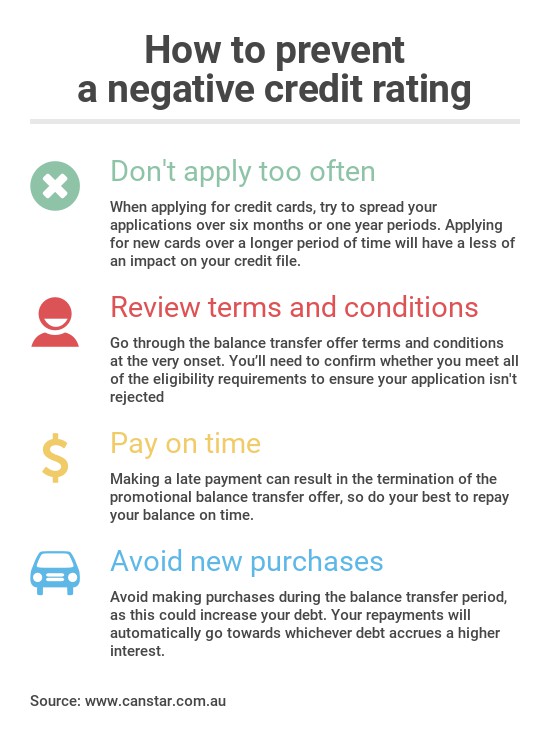What Is A Credit Report? What’s On My Credit Report?

Your credit report is a vital part of understanding your credit health. You can check your credit score via Canstar’s free Credit Score checker. For more info, you can read up on how credit reporting works and what your credit report will include.
→ You can check your credit score for free
What’s on my credit report?
Currently, the following information is included on your credit file:
- Your personal details including full name, gender, current and previous two residential addresses, date of birth, driver’s license number and current employer
- Any bankruptcy or court judgments
- Any businesses you own or are director for
- Any credit applications you have made in the last five years, including loans, credit cards, and store cards
- Any credit providers you currently have credit with
- Payment defaults where you have not paid an account or bill for $150 or more and it is more than 60 days overdue (remains on your credit report for 5 years, even after payment has been made)
- Overdue accounts where the credit provider has not been able to locate you to request payment, called “clearouts” (remains on your credit report for 7 years)
- Number of credit inquiries made by you or by credit lenders, and dates those inquiries were made
Find out how to get a free copy of your credit report – and find out your credit score.
The credit reporting system in Australia was changed in March 2014 when the Federal Government introduced what is known as comprehensive credit reporting.
This is a good thing because it means lenders can – through adjustments to the Privacy Act – view your good credit history (e.g. repayments made faithfully) as well as any negative credit history (e.g. late payments or missed payments).
Although this change was made in March 2014, the newly acquired information about you is backdated so that lenders can view information about your credit history dating from December 2012 onwards.
The additional information added by the 2014 reforms included:
- Details about the types of credit accounts you hold,including when the account was opened and closed, and the credit limit on each account.
- Payment defaults and repayment history information for any consumer credit payments that you failed to make on time to a credit provider that holds an Australian Credit License. This usually relates to loans. Forgetting to make payment on time or only making a part-payment will be recorded as missing a payment. The information includes the day on which a payment was due and the date on which you paid. This information remains on your credit report for 2 years. You can read the government’s fact sheet on repayment history information to find out more.
What if I see an error in my credit report?
Very occasionally, your credit report may include out-of-date information or other errors, so it’s important to check your credit report regularly. If you spot something incorrect in your credit report, find out how to fix errors in your credit report.
Will checking my credit report affect my credit score?
Some people don’t check their credit report because they think asking to see it will negatively affect their credit score somehow. This is a myth.
Checking your credit history is a completely harmless exercise, and it’s free to do once a year with the main credit reporting bureaus. (If you need a little more information on how to check your credit history, we’ve got an article on that exact topic!)
What does affect my credit report?
The list of things that can affect your credit report, for better or worse, is pretty lengthy. For information on how to improve your credit score, check out this article.




